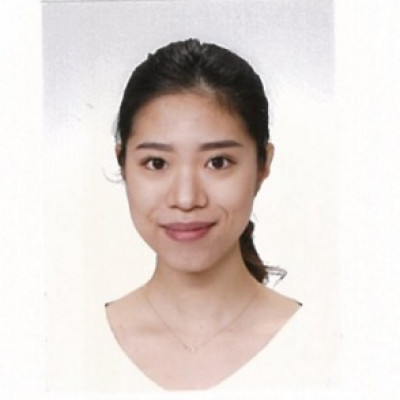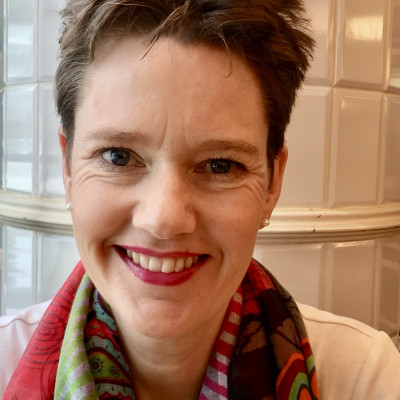Sessions / Teaching Children
Creative Writing for Young Learners #2738
Teaching writing to young learners typically involves answering questions or reproducing formulaic sentences. Although this encourages accuracy, it limits chances for creativity, and may not be motivating for students. This presentation explores two innovative activities to encourage young learners’ creative language use whilst giving importance to positive feedback in creative writing activities. Both activities give learners opportunities to experiment with language and extend their use of it while having fun. The first activity is to write their own fairy tale. The genre is introduced using videos before encouraging students to create their own stories. Watching different stories each week gives students inspiration as well as meaningful input. Writing their own stories is a good way to encourage learners to use a wide range of vocabulary and phrases to deepen the content of their stories. The second activity is a written retelling of a short video story. Students watch the video, then they retell the story together in the class, which they write in their notebooks. In this way, learners are exposed to meaningful output in speaking and writing. Both activities can be adapted to any age group and any level of English proficiency.
Examining Responses to Various Question Types in Picturebook Read-alouds #2714
During read-alouds, a great deal of the benefit and enjoyment learners gain is due to the interaction from sharing the picturebook (Wells, 2003) making it a very important part of the read-aloud. Teachers are often told to use open questions over closed questions if at all possible (Paul, 2003) as they increase interaction and conversation (Lee et al., 2012). However, Japanese conversational styles as well as cultural and teaching styles mean both Japanese teachers and learners can find open questions very challenging (Hammond, 2007). This presentation discusses a small-scale case study which examined how 10-12-year-old Japanese elementary school low-level English learners respond to open and closed questions during interactive picturebook read-alouds. This presentation will discuss four main areas: the amount of interaction created by each question type, the different types of responses elicited, the situations where students could not respond to questions, and how class dynamics affected student responses. Participants will leave the presentation with a clearer idea of when the use of closed questions may be more appropriate than open questions during read-alouds in the low-level Japanese classroom.
Happily ever after: Post-reading projects for picture books #2859
Picture books are powerful tools for language learners. They tell stories through both words and pictures, and are a source of authenticity, motivation, and foundational literacy skills. However, once the story is told and the book is closed, there are still opportunities for meaningful learning to take place. This presentation will explore a variety of post-reading activities for young learners from preschool and up through elementary school ages, including retellings of famous stories, books made by students about themselves, and illustrated predictions of story resolutions. The talk will focus on creative art projects that allow children to engage with and personalize the themes, messages, and questions of a variety of picture book styles, such as wordless books, open-ended stories, and concept books. Key principles for choosing books, designing activities, and selecting materials will be discussed, along with suggestions for matching projects to age and ability levels. Finally, the potential for linking story and language content to teaching about subjects such as science, mathematics, and world cultures will be examined.
Cancelled How to Teach Programming to Young Learners in English #2980
Teaching programming has taken off in Japan since MEXT introduced it as a subject in elementary schools in 2020. English schools have also been offering programming courses as getting a job with high-paying IT companies such as Apple or Google also requires employees to have high-level English. The current trend in teaching young learners about coding is to use programs and games that incorporate the idea of block programming. This presentation will talk about how to teach the beginning stages of block programming to students from ages 3 to 12. We will discuss the most appropriate stages to teach programming to each developmental age. The presenter will talk about how non-native students learn English with coding. Also, the presenter will talk about various in-class games, toys, sites, and programs that can help educators teach programming effectively. And the best part is that you don't need prior knowledge to teach coding or to attend this presentation. You don't even need to have a computer to teach programming. Come to the presentation to find out why.




